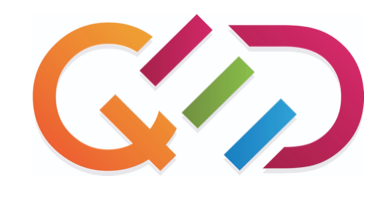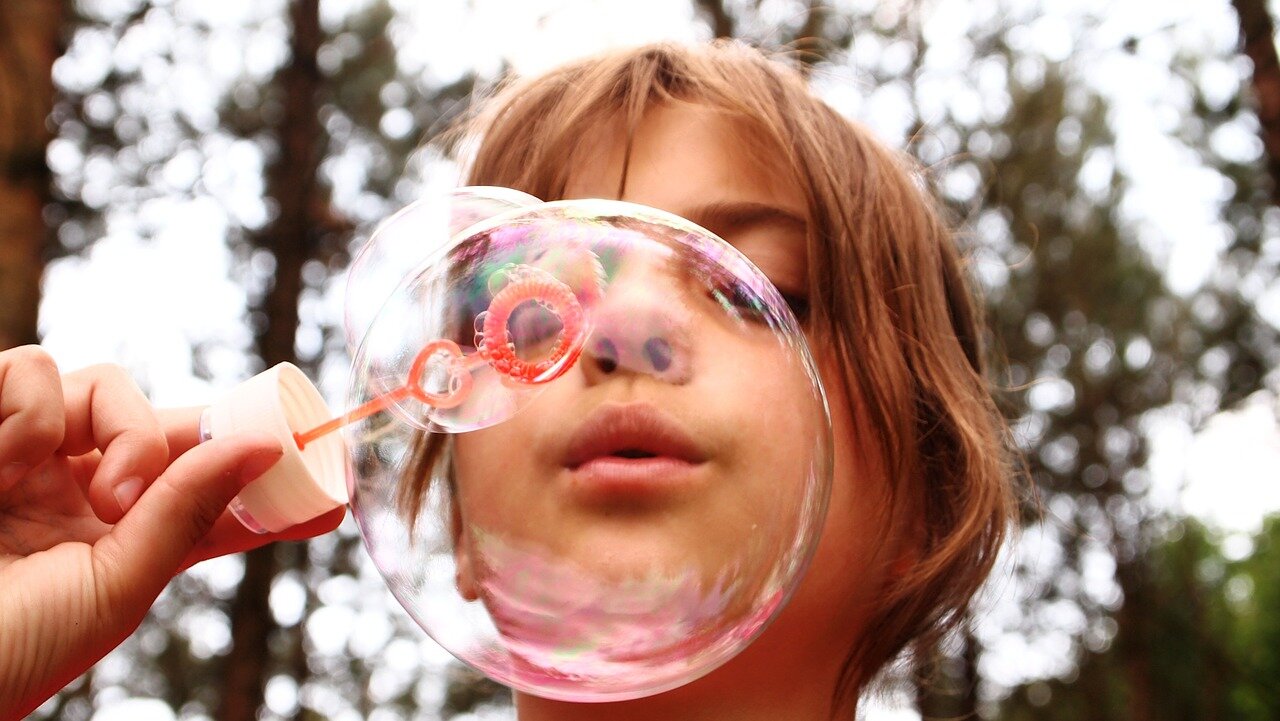Women’s health – a priority for employers.
/During 2022 there were over fifteen and a half million women in the UK workforce and, in areas such as health and social care and retail, female workers dominated. However, for many years there has been little awareness of the issues that can impact on women’s health.
Women can have complex and varying health concerns throughout their life including, fertility, miscarriage, pregnancy and menopause as well as endometriosis, breast or cervical cancer, post-natal depression and peri-menopausal anxiety. Despite the large number of women in the workforce however there is often a stigma around these issues with some women feeling so embarrassed or ill equipped to discuss things with their manager that they avoid the conversation all together!
Since the pandemic partnerships and parenting have become more equitable than ever before but the challenge of balancing work and home life still remains. Women often end up compromising on the quality of their personal and professional lives but in a competitive employment market expectations around health and wellbeing are growing. Now, if an employer is to build a truly diverse and inclusive workplace they need to support female health and wellbeing by being proactive in providing flexibility and choices that allow women to remain in or return to the workplace. Organisations that overlook these factors may well suffer from reduced productivity, engagement and retention levels as well as increases in absence or even skill gaps.
As we move further into 2023, it’s the perfect time to focus on making women’s health and wellbeing needs a greater priority for employers. Organisations that can demonstrate they are addressing the challenges women face by offering a more inclusive working environment, support, guidance and access to benefits and services, will retain their female staff and help them reach their full potential but also attract the best new female candidates.










